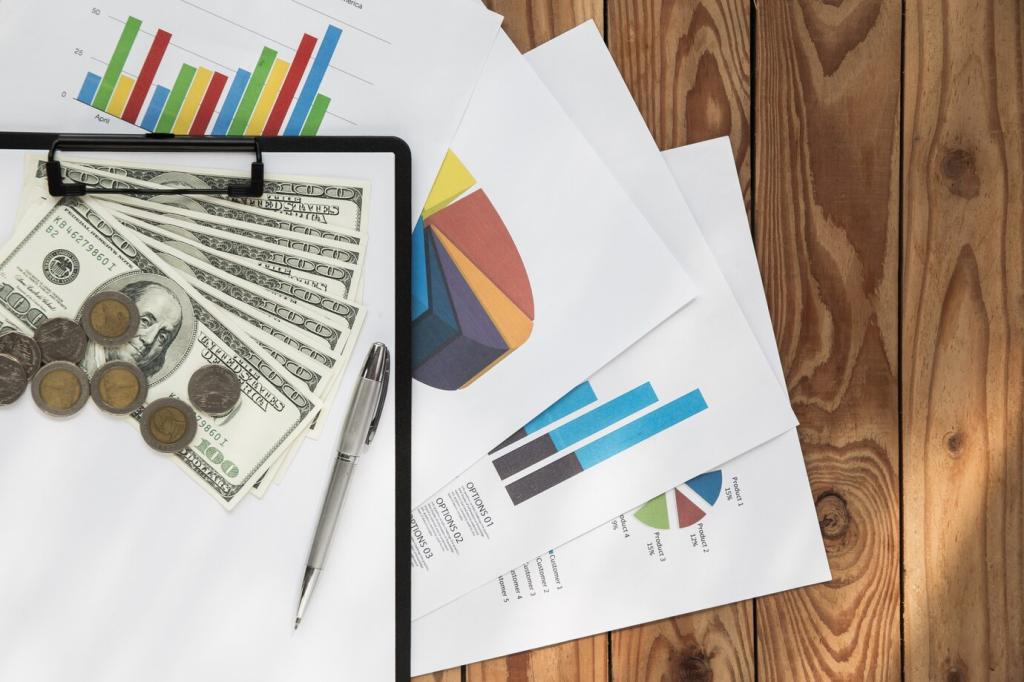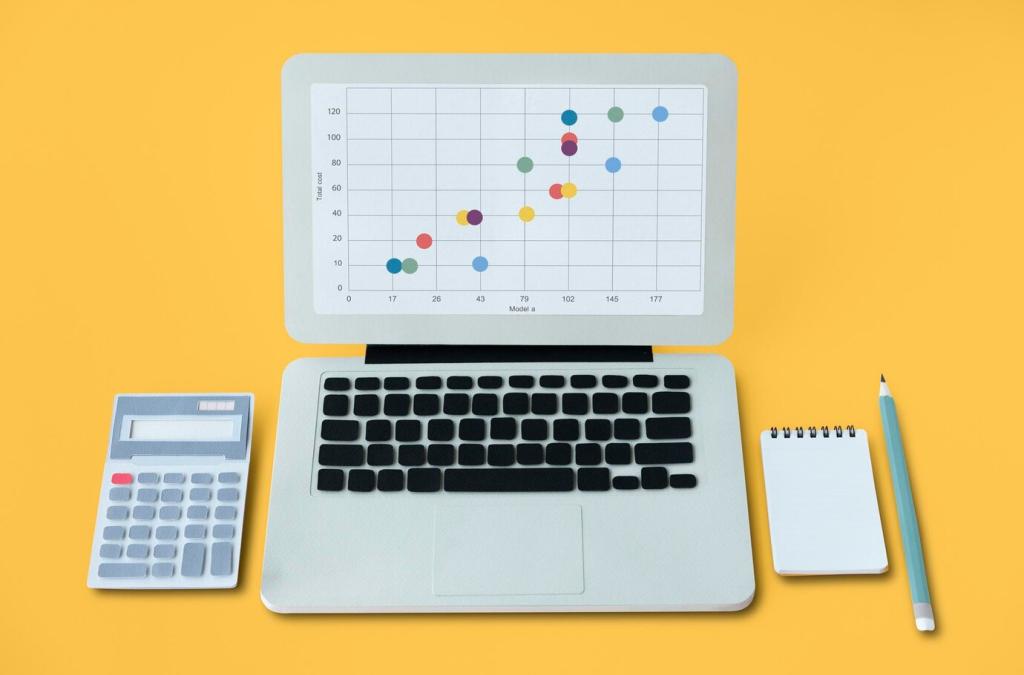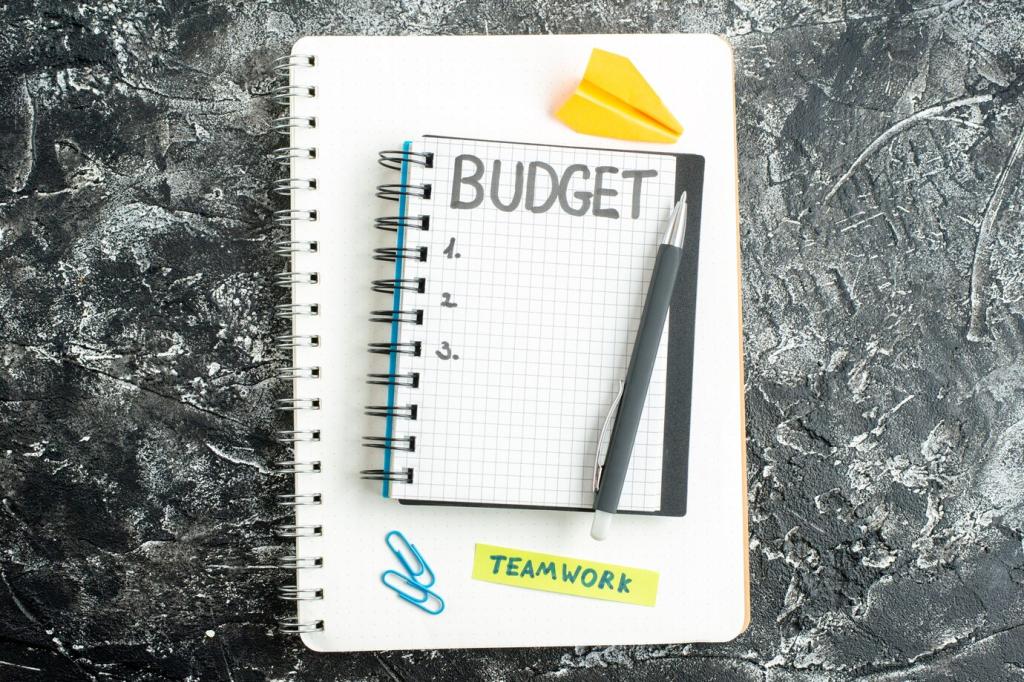Automation That Saves You Money Without Trying
Micro‑savings round every purchase up and move spare change into savings automatically. Paired with end‑of‑day sweeps, they nudge balances toward goals invisibly. You still feel in control, but progress quietly accelerates every week.
Automation That Saves You Money Without Trying
Apps surface dormant trials, quarterly renewals, and duplicate services before they bill again. One tap pauses or cancels. A friendly reminder says, “Still using this?” You decide, the tool simply removes friction from saying no.
Automation That Saves You Money Without Trying
Bots monitor rates for internet and insurance, pinging you when a better plan appears. Some even draft polite negotiation scripts. Combine with price drop alerts to reclaim money you already spent, without awkward phone calls.









